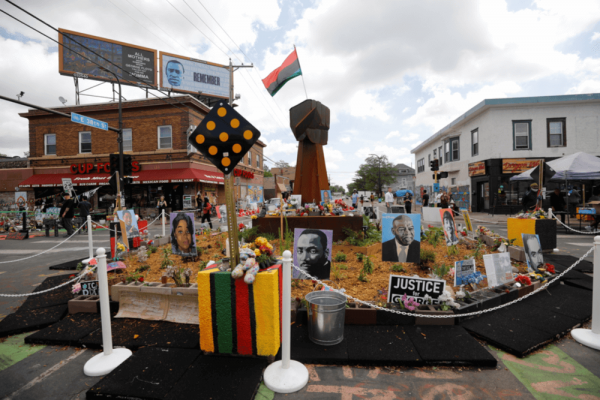Jun 3, 2021
“This solidarity has the potential and the power to propel us into a new future as a community,” Rev. Ingrid Rasmussen, pastor at Holy Trinity Lutheran Church in Minneapolis, told Sojourners.
Read the Full Article

Already a subscriber? Login
